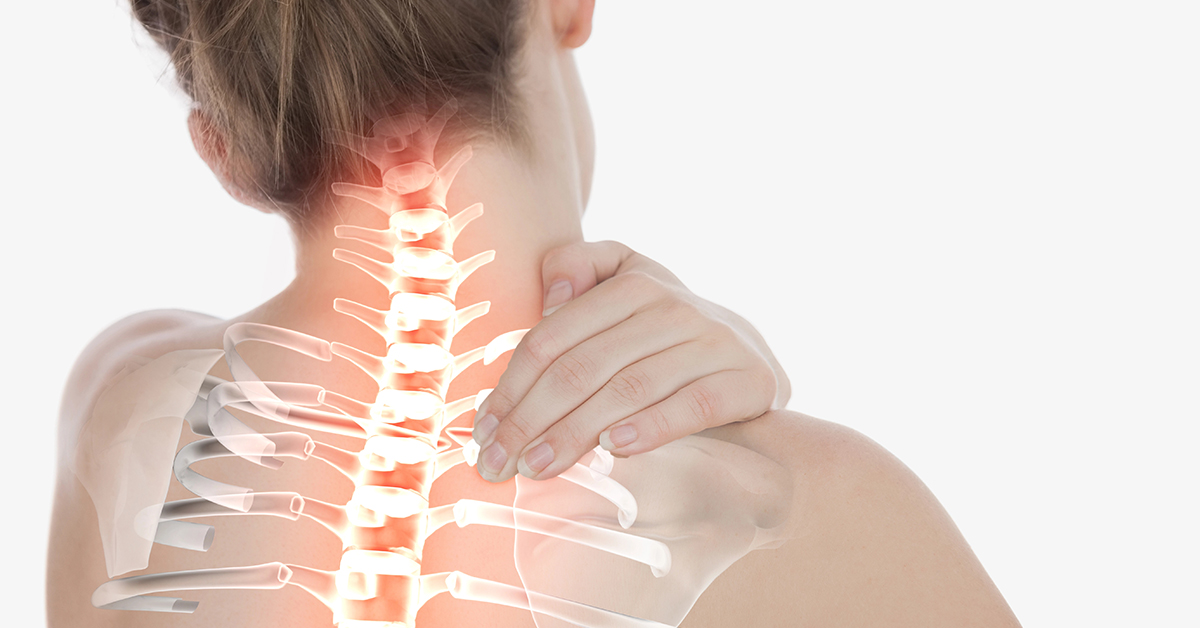
What Causes Stenosis to Flare Up?
Spinal stenosis is a condition characterized by the narrowing of the spinal canal, which can put pressure on the spinal cord and nerves. This narrowing often leads to symptoms such as pain, numbness, and weakness, particularly in the back and legs. While some individuals with spinal stenosis may experience mild symptoms, others may have more severe flare-ups. Understanding the factors that can trigger or worsen these flare-ups is crucial for managing the condition effectively.
Physical Activity and Overexertion
Engaging in certain physical activities, especially those that involve heavy lifting, bending, or twisting, can exacerbate spinal stenosis symptoms. Overexertion can increase pressure on the spinal canal and nerves, leading to increased pain and discomfort. Even everyday activities like gardening, housework, or prolonged periods of standing or walking can trigger a flare-up if they are too strenuous.
Poor Posture
Maintaining poor posture can significantly impact spinal stenosis symptoms. Slouching, hunching over, or leaning forward can put extra strain on the spine, narrowing the spinal canal even further. This added pressure can irritate the nerves and lead to a flare-up of symptoms. It's important to be mindful of posture when sitting, standing, or performing any activities that involve the spine.
Cold Weather
Cold weather can cause muscles to tighten and become stiff, which can exacerbate spinal stenosis symptoms. The reduced flexibility in muscles and tissues can lead to increased pressure on the spine and nerves. Many people with spinal stenosis find that their symptoms worsen during colder months, possibly due to the body's response to lower temperatures.
Inflammation and Swelling
Inflammation and swelling around the spinal canal can contribute to stenosis flare-ups. Inflammatory conditions, such as arthritis, can cause swelling in the spine, further narrowing the already restricted space. Inflammation can also be triggered by injuries or overuse, leading to increased pain and discomfort.
Weight Gain
Carrying excess weight can put additional strain on the spine, worsening the symptoms of spinal stenosis. Weight gain can increase the pressure on the spinal canal and exacerbate nerve compression. Maintaining a healthy weight through a balanced diet and regular exercise can help reduce the severity and frequency of flare-ups.
Stress and Anxiety
Emotional factors, such as stress and anxiety, can contribute to the perception of pain and exacerbate symptoms. Stress can lead to muscle tension, which can increase pressure on the spine and nerves. Additionally, anxiety can heighten the body's pain response, making symptoms feel more intense.
Managing Spinal Stenosis Flare-Ups
Understanding the factors that can trigger spinal stenosis flare-ups is essential for managing the condition. Here are some strategies to help prevent and manage flare-ups:
- Regular Exercise: Engage in low-impact exercises, such as walking, swimming, or yoga, to maintain flexibility and strength without overloading the spine.
- Good Posture: Be mindful of your posture during daily activities to reduce strain on the spine.
- Weight Management: Maintain a healthy weight to minimize pressure on the spine.
- Warmth and Comfort: Keep warm during colder months to prevent muscle stiffness.
- Stress Management: Practice stress-relieving techniques like meditation, deep breathing, or mindfulness to reduce muscle tension and improve overall well-being.
If you experience persistent or worsening symptoms, it is important to consult a healthcare professional. They can provide a comprehensive evaluation and recommend treatments tailored to your specific needs. By understanding and addressing the triggers of spinal stenosis flare-ups, you can better manage the condition and maintain a more comfortable and active lifestyle.




